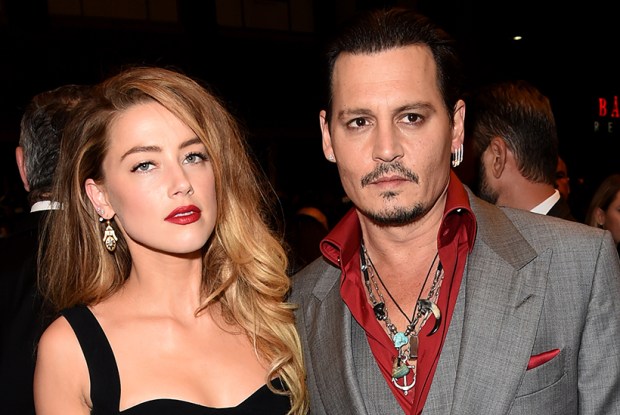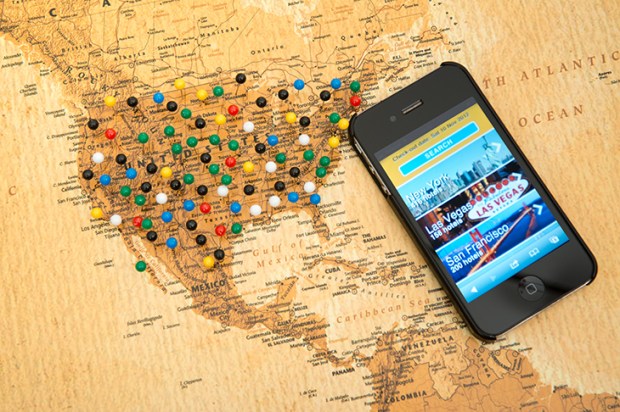Ten years ago, I had a strange debate about faith with a famous Jesuit and an agnostic psychoanalyst in a monastery on a cliff-top in Syria. At the time I thought I’d made some valuable additions to the discussion. The notes I took then record my own contributions with horrible precision. Looking back on it, I was just an observer.
The main players were Father Paolo Dall’Oglio, an Italian priest who’d made his life in the Middle East, and Bernard S., a highly regarded Jungian analyst: neat, Swiss, troubled. The scene of this chat was Deir Mar Musa, a 6th-century monastery that Fr Paolo had restored, perched high on a ridge in the foothills of the Anti-Lebanon Mountains. Mar Musa had been abandoned since the 9th century, but thanks to Paolo’s charm and drive not only was it rebuilt, but there was once again a community living there: young Christians devoted to what they called ‘dialogue’ with Islam. There were also dorm rooms for tourists such as Bernard and me. I’d done Damascus and wanted to feel intrepid.
It was morning. The sky was pinkish and the desert below the clifftop, a soft mouse-brown. Fr Paolo was sitting at the communal breakfast table eating bread and yoghurt. ‘Big man. Big head. Grey habit,’ say my notes. I remember wishing there were eggs.
Sitting opposite him was Bernard, slightly older, in his early sixties and with the agitated air of a man who’d been carrying a question a long time. He got straight to the point.
‘How can an intelligent man like you, Fr Paolo, believe in the truth of Christianity?’ he asked. ‘I understand its symbolic importance, but I’ve studied the early Church and I know how much Christianity took from Hellenism and the other resurrection myths. So while I believe in the historical Jesus… how do you have actual faith?’
Bernard S. was very distinctive-looking. Great furrows ran from points along his hairline and converged in a crease between his eyes, as if each separate anxiety had marked its own progress across his head.
Paolo’s answer was the only answer a believer can really give. You take a leap and the light comes on. Ask and you shall receive. ‘All I know is my own experience,’ he said. ‘I learnt about Jesus Christ, I walked with him and, as I got to know him, I discovered his divinity — and he became the means for me to express my own divinity.’
This was not satisfactory to Bernard S., and nor, at the time, to me. Bernard said: ‘But this isn’t unique to Christianity. I’ve heard the same thing said of Mohammed: that following his example is the way for man to become like God. So are there many ways for man to express his divinity? Are all religions “true”?’
I said: ‘If you believe in God, you must believe he has a will. Does he will us to be Christians or Muslims?’ We glared at our host across his flatbreads.
Father Paolo looked delighted. This was just his sort of breakfast. ‘Yes, God has a will. But I see the will of God as it works in combination with my own will. I take a step towards Him and He meets me.’
‘Fr P. is very cheery,’ say my notes. Bernard, by contrast, looked depressed.
As the morning went by, Bernard began to unburden himself. Decades of listening to the troubles of the Swiss mind, he said, had begun to get him down. Everyone in Switzerland had everything. Everything ran so well. Everyone’s problems were so petty and ‘our lives are so… flat’, he said. It became clear that Bernard longed for faith; that perhaps he’d climbed up to this cliff-top in the hope of finding it. But Bernard couldn’t believe. The facts stood in the way.
I thought of Bernard when I first heard the news that Fr Paolo had been kidnapped. It was 2013 and Isis was on the up. Paolo had been ordered by the Vatican to leave, but he’d given his life to Syria. He couldn’t just walk away. In late July he drove into Isis-held Raqqa to try to talk sense to the emirs in charge. He was captured almost immediately. I wrote about his disappearance in this magazine later that year. We were beginning to understand how demented Isis was, but even so, I couldn’t imagine indomitable Paolo being harmed. I pictured him dealing with his captors as he had with us, engaging them in existential debate. I thought secretly, hopefully: what a perfect way for God to demonstrate His reality to us doubting Bernards: to lead Paolo out alive, in the end, from this 21st-century lions’ den.
No such luck. There is no karma. Good people suffer. If there’s light, it comes from a different source. A few weeks ago we learnt that Fr Paolo is dead, killed (most likely) just a few days after he vanished. An Isis commander gave an interview to the Arabic newspaper Asharq Al Awsat in which he mentioned that a pair of Isis interrogators had murdered Paolo by accident while ‘questioning’ him. The way the commander put it sounded almost apologetic.
Again, four years later, I thought of Bernard S. I wondered if Fr Paolo’s brutal death would re-confirm for him that faith is delusional, Christianity just an interesting story. Once again I dug out my notes of that old conversation and thought about what had been said. Martyr means witness in Greek, as my late grandmother was wont to point out. We’re all aware that the poor, deranged martyrs of Isis are witness to a cult of death. But what does it bear witness to if you’re able to walk into danger so lightly, to be so full of joy, and so free to do what you think is right?
Got something to add? Join the discussion and comment below.
Get 10 issues for just $10
Subscribe to The Spectator Australia today for the next 10 magazine issues, plus full online access, for just $10.
You might disagree with half of it, but you’ll enjoy reading all of it. Try your first month for free, then just $2 a week for the remainder of your first year.














Comments
Don't miss out
Join the conversation with other Spectator Australia readers. Subscribe to leave a comment.
SUBSCRIBEAlready a subscriber? Log in